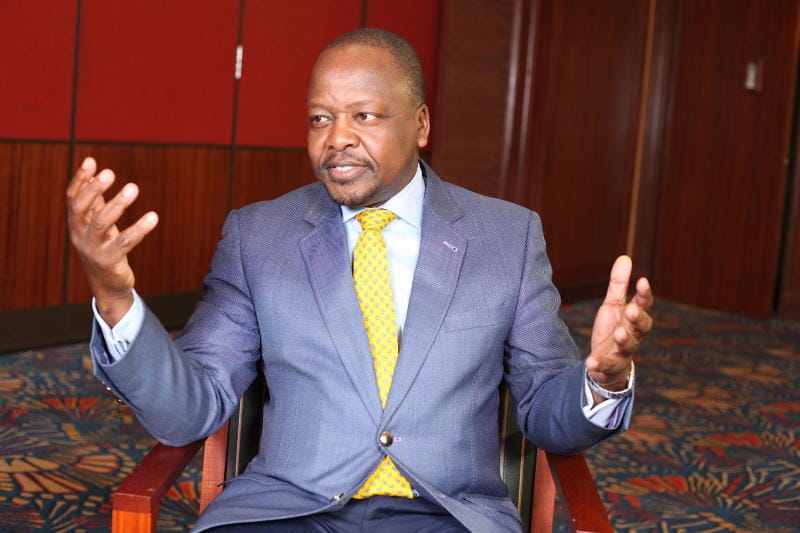Kenya has been officially classified as a low-risk country under the European Union’s newly introduced deforestation regulations, providing a significant boost to its agricultural exporters amid fears of rising compliance costs.
The EU’s new rules categorize countries based on deforestation trends, agricultural land use, legal enforcement and environmental management, categorizing them into low, standard or high risk levels. Low risk status indicates a country’s agricultural exports are less likely to be linked to deforestation activities.
The announcement follows a high-level meeting in Nairobi between Agriculture Cabinet Secretary Mutahi Kagwe and EU Ambassador to Kenya Henriette Geiger.
Kagwe welcomed the EU recognition, attributing it in part to the country’s increasing tree cover, which he said was driven by the expansion of avocado and coffee farming. He stressed that the classification reflects Kenya’s ongoing commitment to sustainable forestry, agriculture and environmental protection.
Despite the positive designation, Kagwe expressed concern about the wider implications of the EU’s deforestation law. He warned that changing compliance standards could disadvantage Kenyan exports unless adequate technical and financial support is provided to meet the new requirements.



